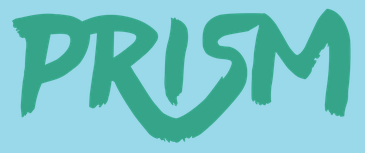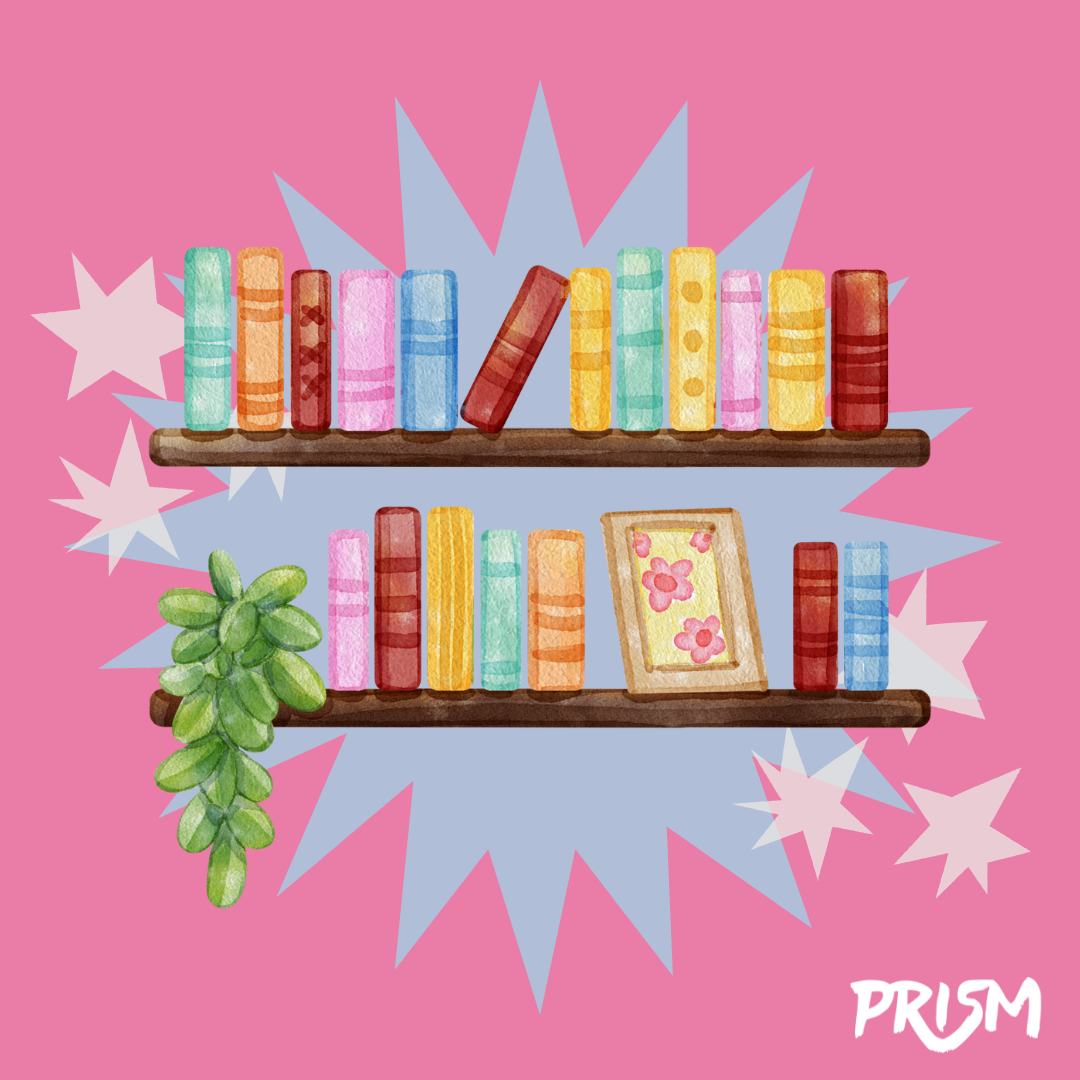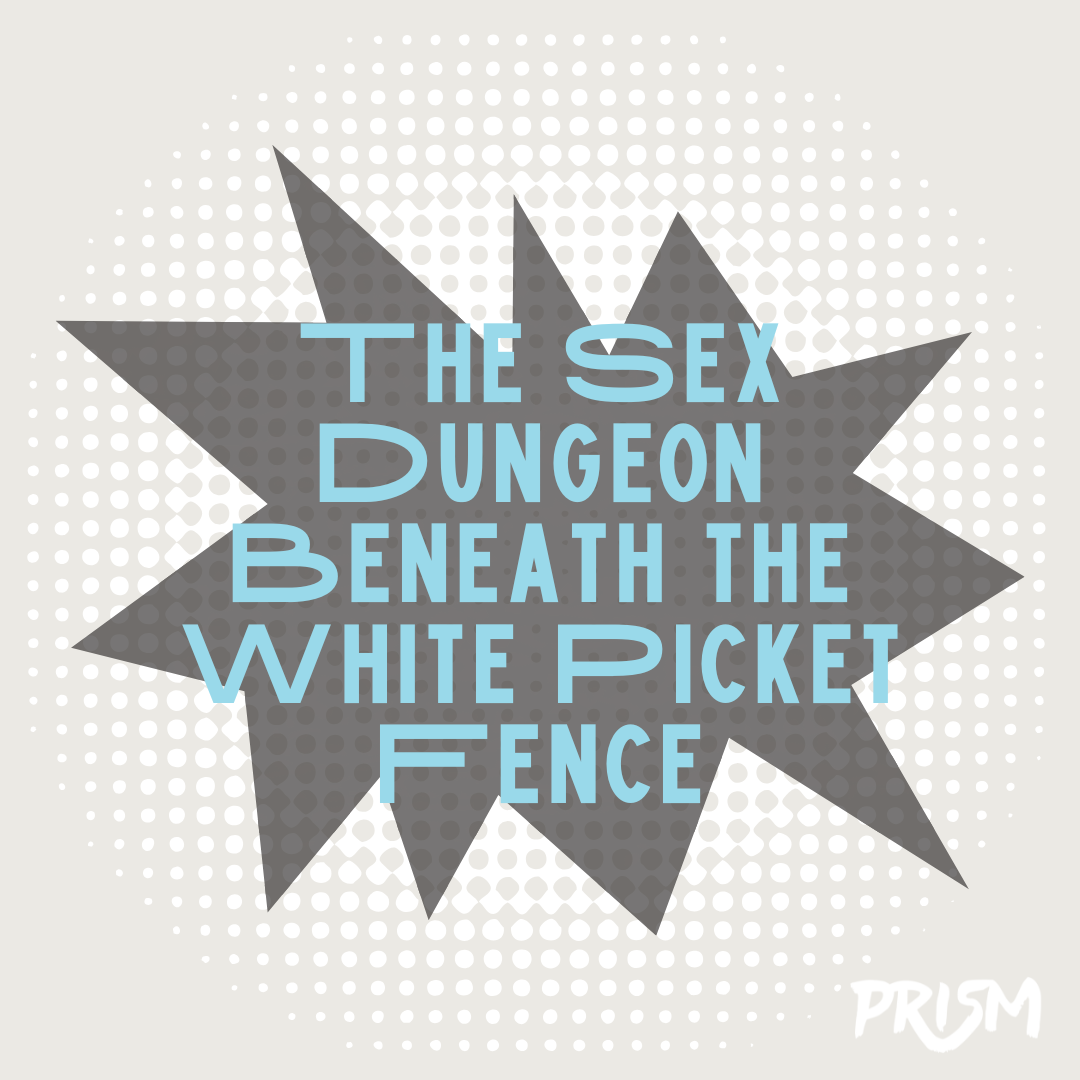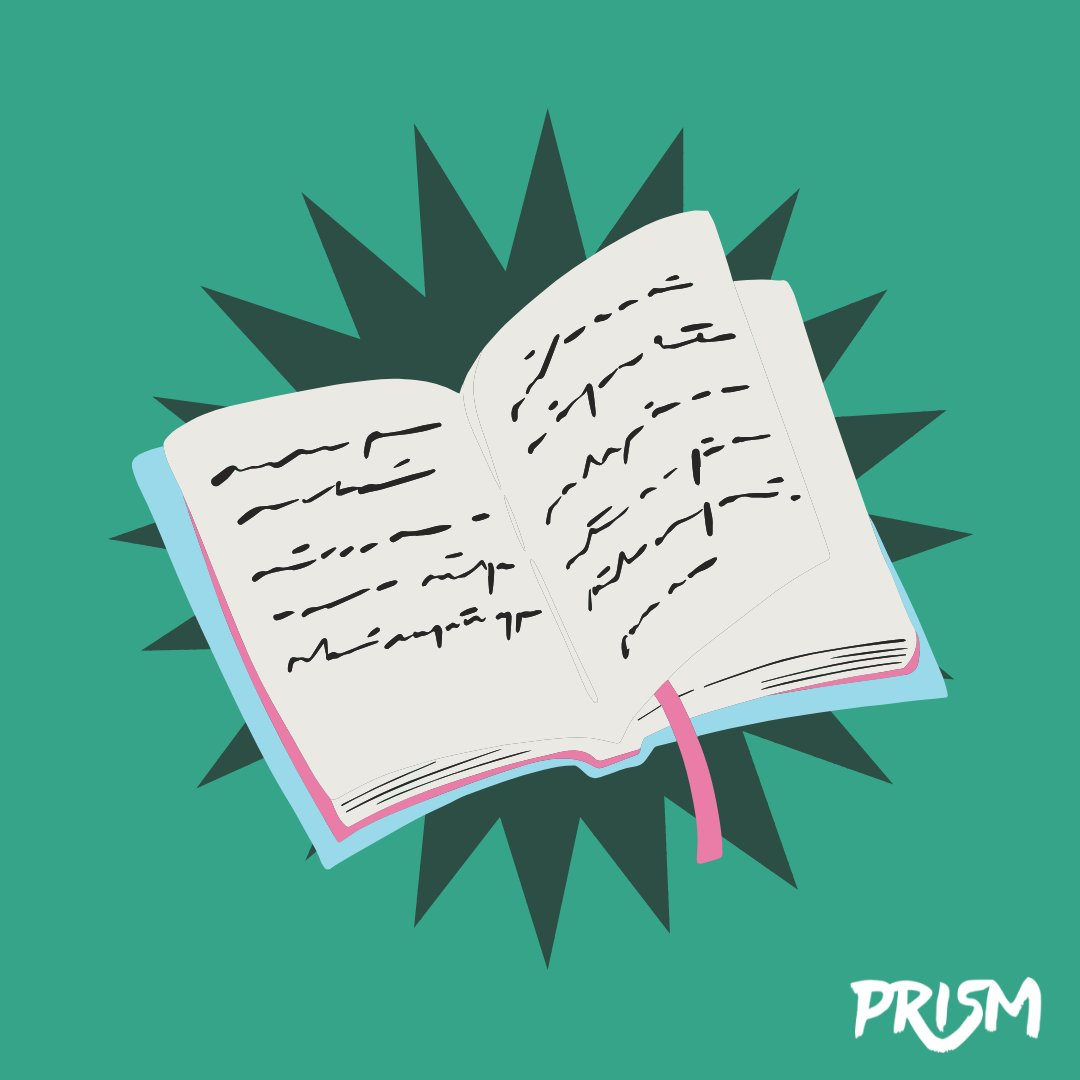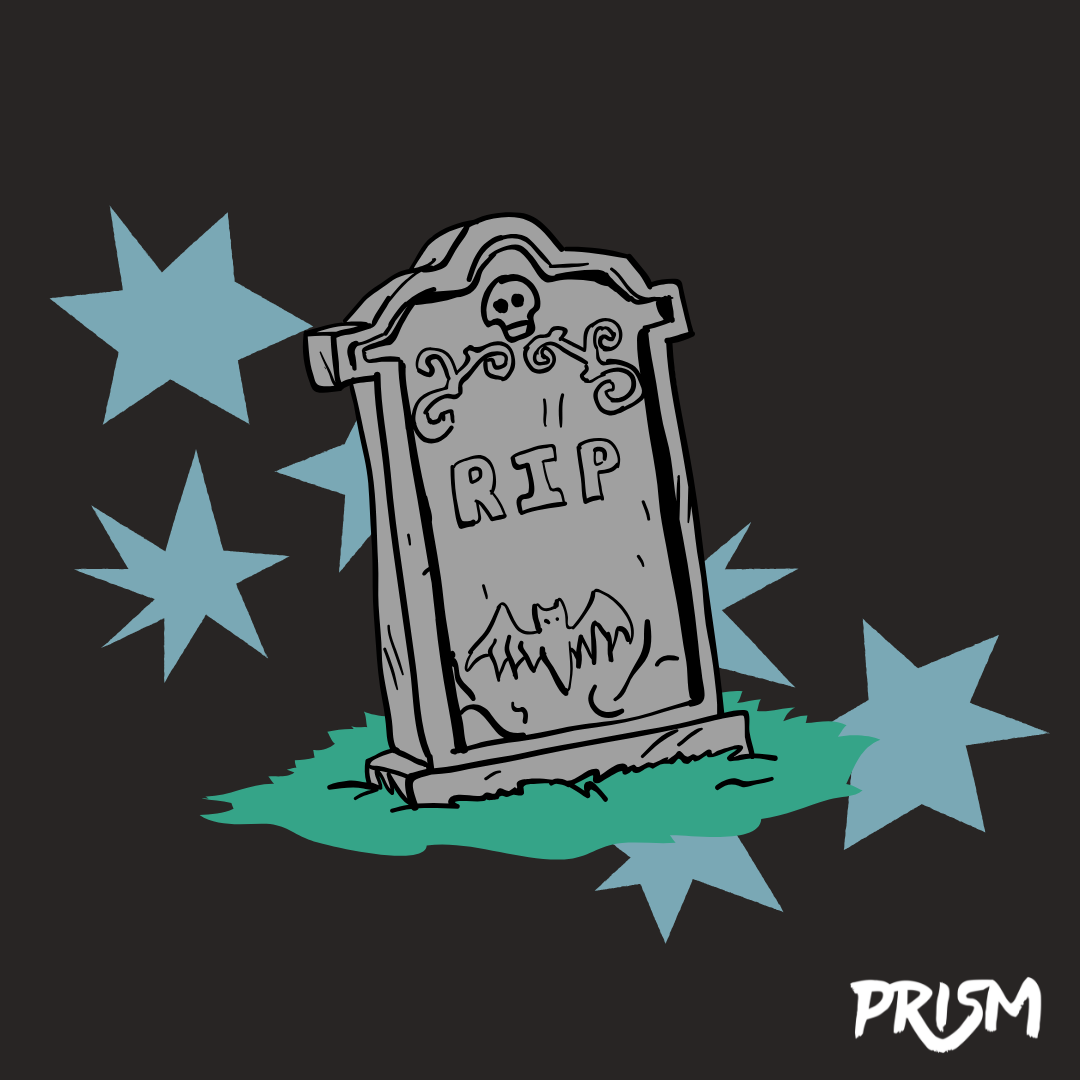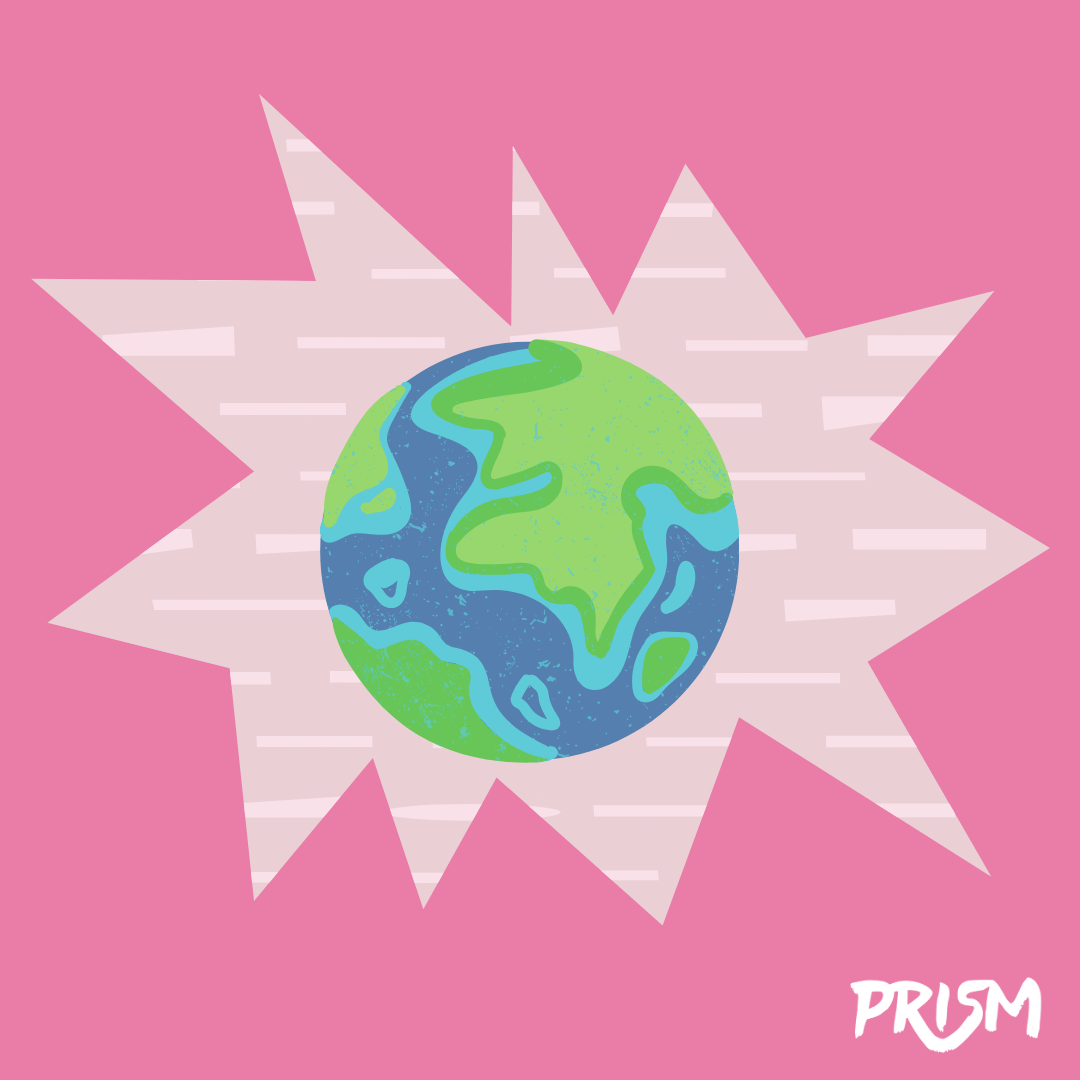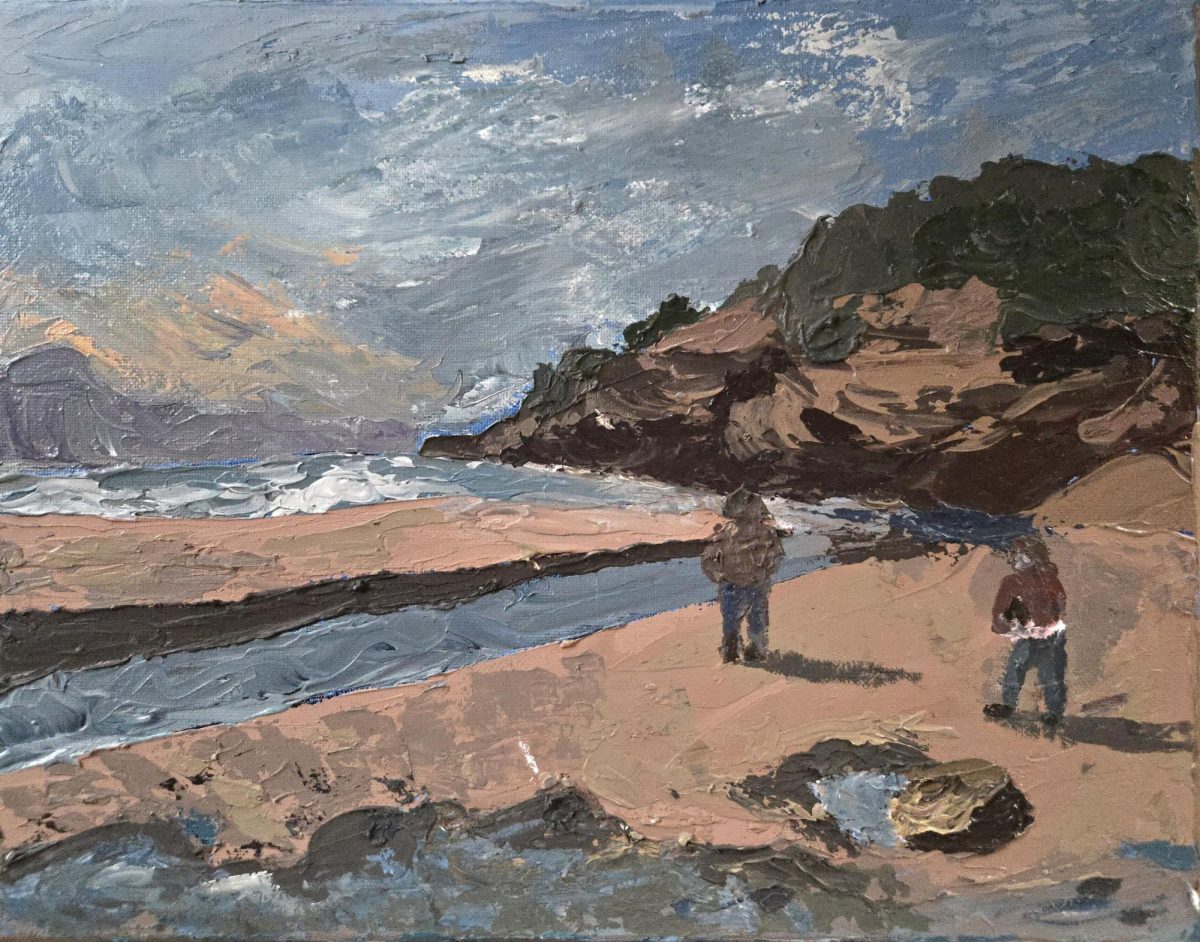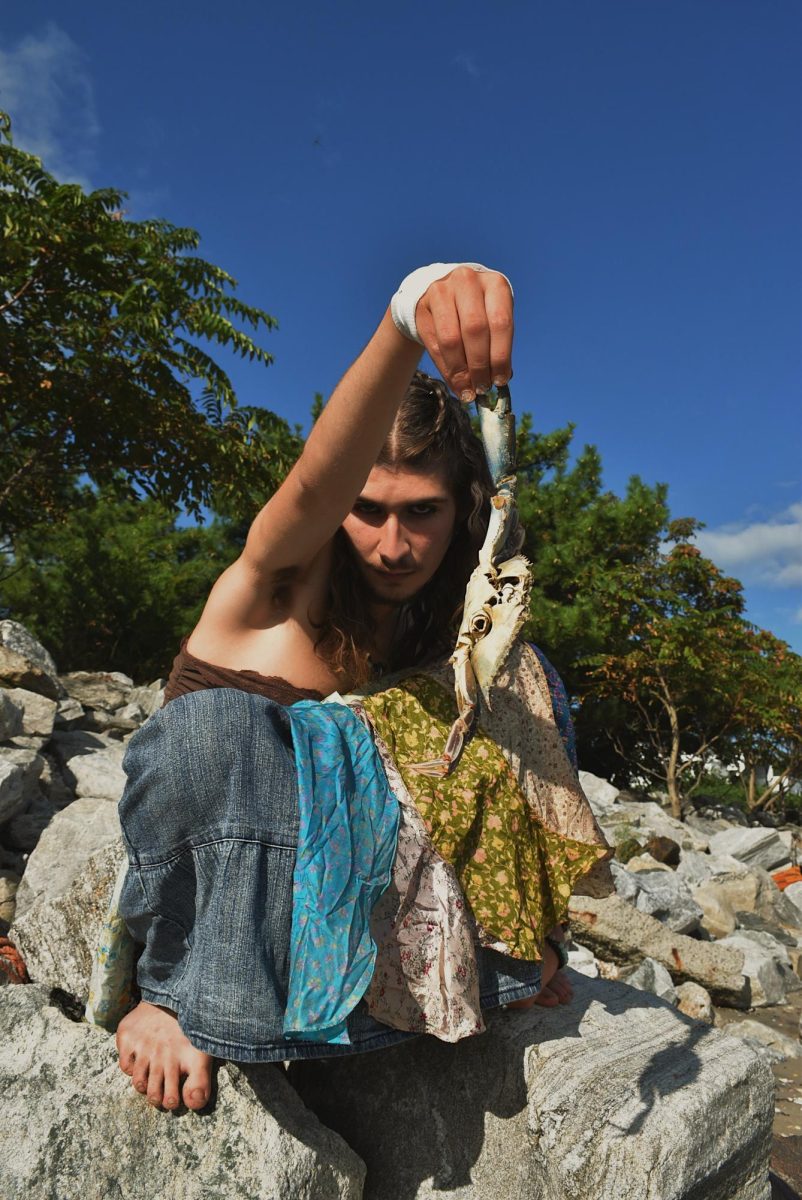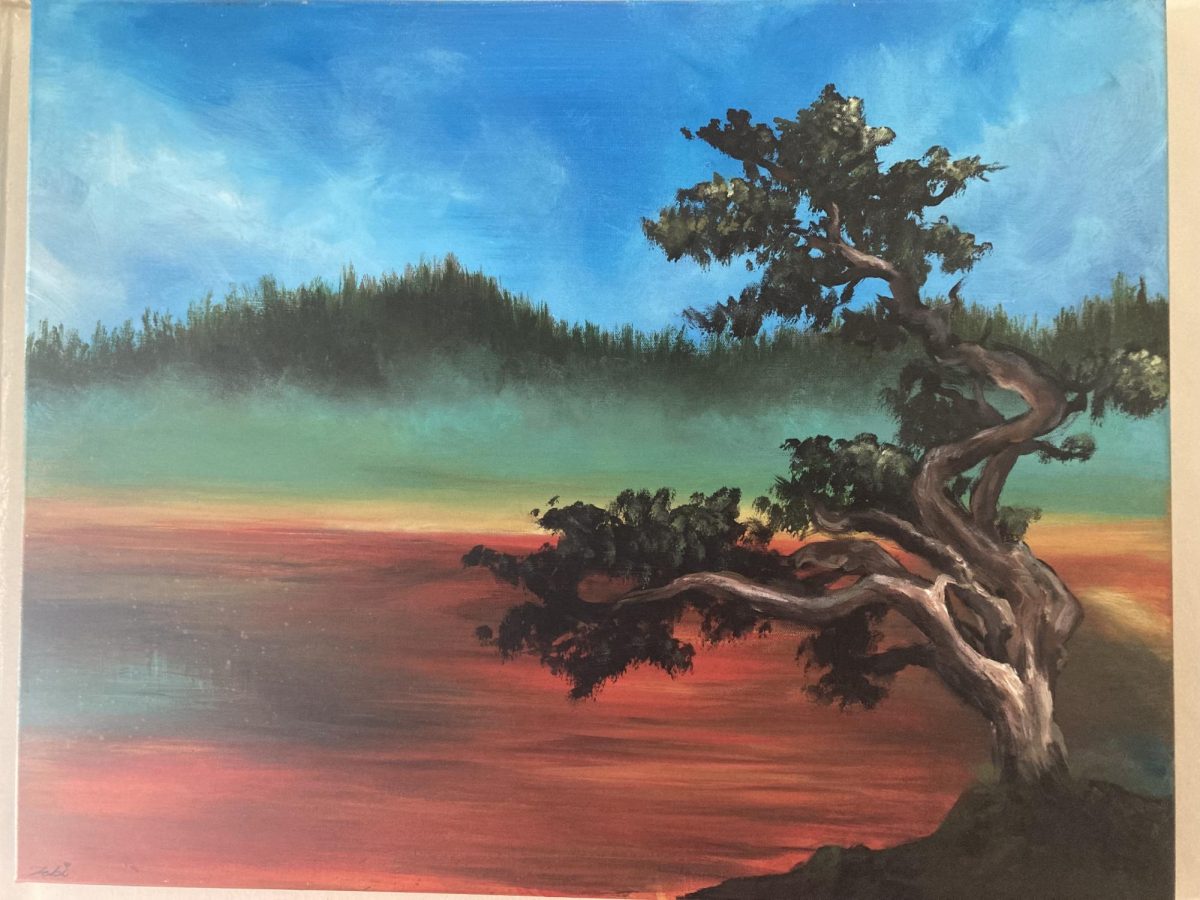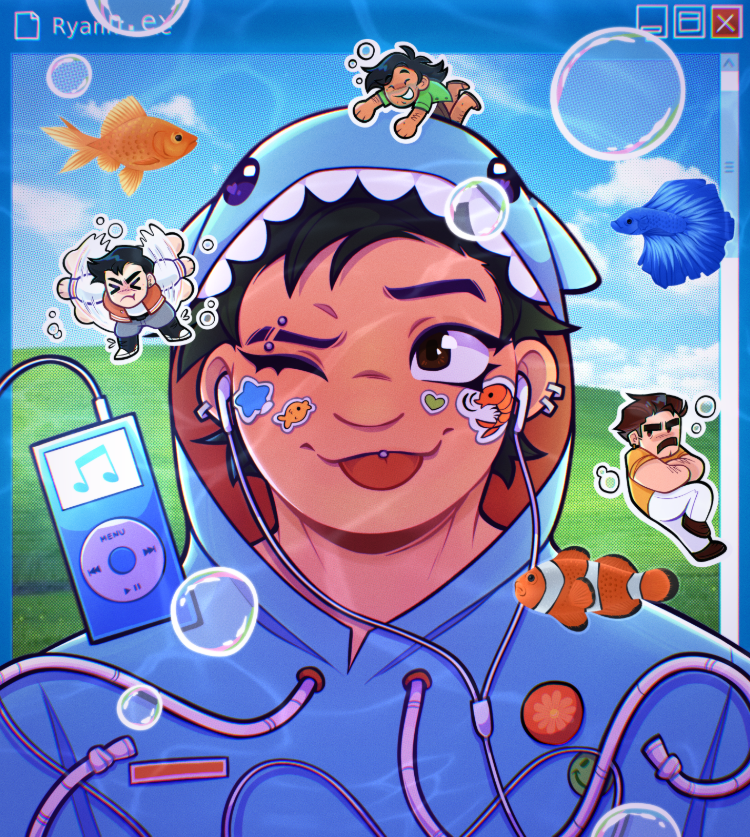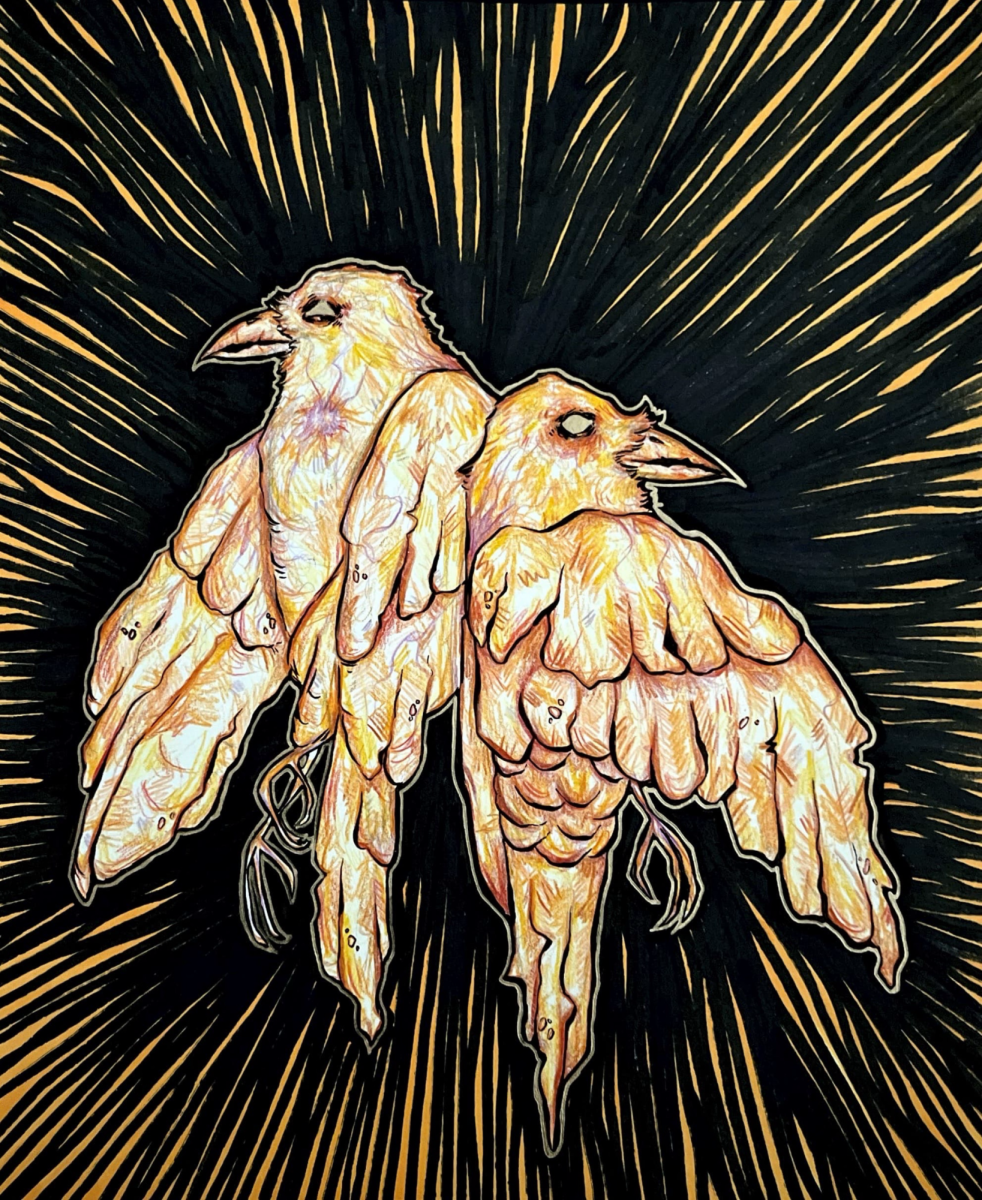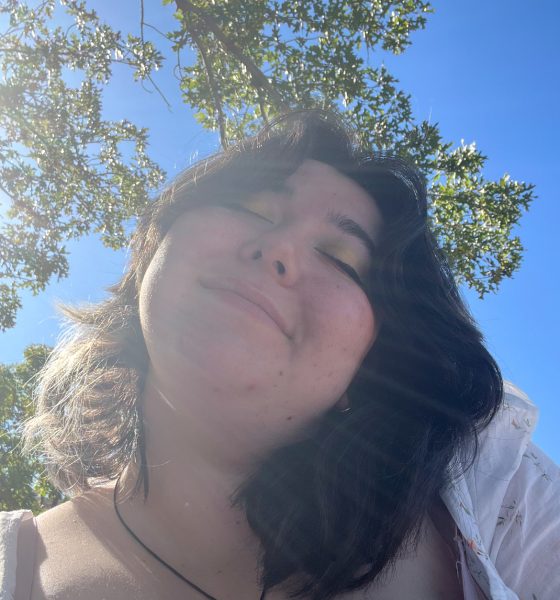1. The Hunting Moon by Susan Dennard — ★★★★☆
“One of the key defense mechanisms of a phoenix is to shine so brightly, their predators are temporarily stunned and unable to pursue.”
Genre: Young adult urban fantasy
My first read of 2024 was the very solid sequel to Dennard’s book The Luminaries. It was just as intriguing as the first, and I’m glad to have found a series that I’m excited for. For a novel that takes place over a relatively short period, I appreciate the medium-paced story, and how it doesn’t rush through the narrative to reach the plot twist. I felt that the development of trauma responses was well-researched and realistic, as well as the relationships between the characters, especially Winnie and her friends from the Wednesday clan. I can’t say I didn’t predict the twist close to the end, but it was satisfyingly written. The third book in the series is set to come out later this year and I can’t wait to pick it up!
2. Ander and Santi Were Here by Jonny Garza Villa — ★★★★★
“Through happiness and destruction.”
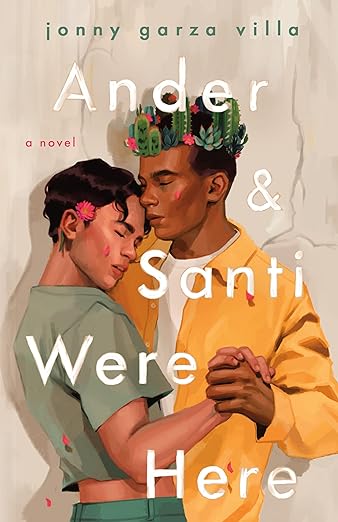
Genre: Young adult literary fiction, queer romance
I read this book in a day and a half. It was stunningly written and absolutely devastating. The romance was so wholesome and joyful, and yet the more difficult parts of the story, while hard to get through at some points, went to prove how vital it is that stories like this are told. It’s been a while since I’ve read a book that hit the emotions right on the head the way this one did. I’m also a huge fan of books where the cover has meaning to the story, and with a cover as beautiful as this one, it made me so happy to see it play a bigger role than first meets the eye. This one will be a multi-time read for me.
3. Ink Blood Sister Scribe by Emma Törzs — ★★★★★
“When you’re growing up, you don’t ask whether your family’s good, do you? Especially if you don’t know anything else. They’re just your family.”
Genre: Magical realism/fantasy
This book grabbed me by the wrist and pulled me headfirst into a world that I feel like I’ve been longing for in fantasy for a very long time. The gory details of this story were enthralling, to say the least, and I was utterly fascinated by each detail, each character, each plot point. I especially loved the emphasis on sisterhood, and I will always say yes to my favorite trope — found family. As readers may recall from one of my previous blog posts, I also love stories about stories or books about books, and this definitely fits into that genre. It was very atmospheric, aesthetically pleasing, and twisted in the best way. Speaking of twists, I felt that one of the twists in this book was so well-developed and yet unpredictable enough that I was surprised by it.
4. The Left Hand of Darkness by Ursula K. Le Guin — ★★★★★
“What is love of one’s country? Is it hate of one’s uncountry? Then it’s not a good thing.”
Genre: Science fiction
This Hugo and Nebula Award-winning science fiction classic is considered groundbreaking for a reason. This book is most well-known for its revolutionary explorations of gender and what can happen to a world when the preconceived notions of gender are almost entirely removed. Some of the political worldbuilding went a bit over my head — which makes sense because it is part of a series I haven’t read — but I forgive this because it was the relationship between Genly Ai and Estraven that kept me engaged throughout. I read this book, which is set in an Ice Age on a distant planet, during the ice storm at the beginning of the term. This made for a very immersive, if slightly depressing, reading experience. I enjoy Le Guin’s style and her mastery of fully developing the world of her novels.
5. Black Water by Joyce Carol Oates — ★★★★★
“How crucial for us to rehearse the future, in words. Never to doubt that you will live to utter them. Never to doubt that you will tell your story.”
Genre: Historical/literary fiction
Black Water is based on the true story of Mary Jo Kopechne, the secretary and campaign worker who was killed in 1969 when then-Senator Ted Kennedy (brother of JFK) drove off a bridge into a pond in the infamous Chappaquiddick incident. Oates does a fantastic and devastating job of spinning the story of this event through her fictional character Kelly Kelleher, circling it over and over again until that final harrowing moment. The book itself is not too long, but there is so much to discover within its pages that I feel it demands the reader’s attention in a way that made me want to pick it right back up after I finished. I can see why the heavy repetition and spiraling, run-on feel of the book may not appeal to some readers, but to me, those techniques enhanced the tone and the circular movement of time.
6. Time’s Arrow by Martin Amis — ★★★★★
“How many times have I asked myself: when is the world going to start making sense? Yet the answer is out there. It is rushing towards me over the uneven ground.”
Genre: Historical/literary fiction
Time’s Arrow is one of the most clever and gut-wrenching stories I’ve read in recent memory. The thing about this book is that it’s told entirely in reverse: it begins with the main character’s death and moves backward through his life until it reaches the moment where this strange fabulation of time begins to make sense. The story is not an easy one, as with any account, fictional or not, of the Holocaust. It made me deeply uncomfortable at some points and the exploration of violence is horrifying as well as deeply contemplative. In a world that moves backward, doctors are arbiters of destruction and acts of violence can heal the most devastating of injuries. There are also fascinating questions in this book about how much of our future is set in stone, and how much our past influences our future. Amis is a masterful writer — I appreciate how a concept that could have easily felt like a writing exercise became integral to the story.
7. This is How You Lose the Time War by Amal El-Mohtar and Max Gladstone — ★★★★★
“Books are letters in bottles, cast into the waves of time, from one person trying to save the world to another.”
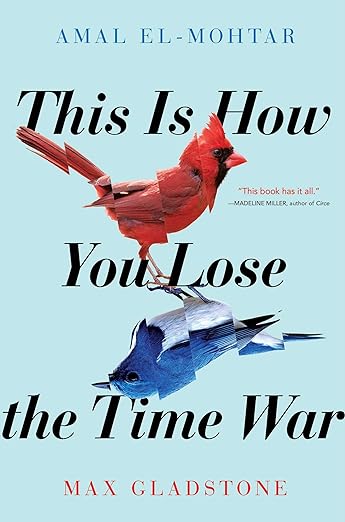
Genre: Science fiction, queer romance
The first thing I can recall about this book is that it was not what I was expecting. For a novella that is almost entirely character-focused, I’m impressed that I was able to get such a solid idea of the science fiction world built around them. Al-Mohtar and Gladstone’s writing styles are extremely complementary to each other; they are distinct enough that they don’t mush together too much, but with similar enough energies that the novel was cohesive. I won’t pretend to have understood all of this book as there were certain parts where the prose delved very far into the metaphorical, so far at some points that I couldn’t always tell what was metaphorical and what was surreal. However, at one point I concluded that understanding it was not as important as feeling the book.
8. Her Body and Other Parties by Carmen Maria Machado — ★★★★☆
“I have heard all of the stories about girls like me, and I am unafraid to make more of them.”
Genre: Short stories, speculative fiction/horror
As with any short story collection, there were some that I liked more than others; my favorites in this book were “Inventory” and “The Resident”. The prose was stunning, and Machado is a master of building tension through striking imagery, and for the most part, that tension follows through in satisfying ways. My one qualm with this collection is that I wish there was a bit more variation in the narrators. I’m also not sure the inclusion of the story “Especially Heinous” was the best idea. This felt more like a surrealist writing exercise to me, and bits of it were captivating but went on a bit long. Overall, I enjoyed Machado’s writing style and her commitment to the themes and aesthetics of the collection, and I would read more of her work.
9. A Gathering of Old Men by Ernest J. Gaines — ★★★★☆
“Sometimes you got to hurt something to help something. Sometimes you have to plow under one thing in order for something else to grow.”
Genre: Historical fiction
Here is one author who knows how to write a polyvocal novel. The inclusion of a whole bunch of different narrators, most of whom do not have as significant a role in the plot as other characters, was a great decision on Gaines’ part. The book takes place within a single day, but with all the different narrators the reader gets a fully-rounded picture of the history that led to this fateful day. This is a book about standing for what you believe in, about how showing bravery a little late is better than never standing up at all. This is a book founded on community, both the good and the bad of it. Gaines also introduced a critique of white saviorism that I feel was worked in very naturally and explicitly. The exploration of race relations in the American South and cultural/collective memory give this book the makings of a classic.
10. The House in the Cerulean Sea by T.J. Klune — ★★★★★
“Don’t you wish you were here?”
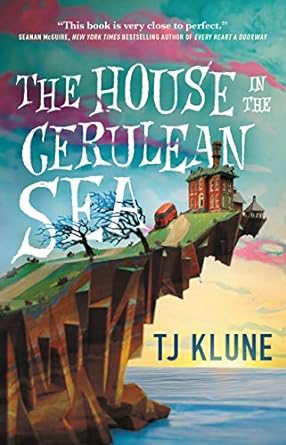 Genre: Fantasy, queer romance
Genre: Fantasy, queer romance
This novel is the most comforting, familial book I’ve read in a long, long time. It reminded me of the books that used to make me stay up all night reading as a kid but with a voice and a relationship that appealed to me as an adult. This is Miss Peregrine’s Home for Peculiar Children but with far more sunshine, warmth, and Orwellian societal insight. This is another book where the found-family trope makes a glittering appearance and I enjoyed every second of it, even the parts that were difficult to read. I connected with a lot of the experiences that the characters in this book go through, and seeing them written in such a heartfelt way was a highlight of the term for me.
11. Einstein’s Dreams by Alan Lightman — ★★★★★
“For a life in the past cannot be shared with the present. Each person who gets stuck in time gets stuck alone.”
Genre: Historical/literary fiction, philosophical
This short novel is a fictional collection of dreams about time, developed by Albert Einstein while he was working as a patent clerk in Switzerland and developing his theory of relativity. Each chapter explores a different possible configuration of time. In one chapter, time moves slower in higher altitudes, and in another, time is a flock of birds that can be controlled only once caged. These snippets are interrupted every once in a while by the fictionalization of Einstein’s life, narrated by his friend Michele Besso, which provides insight into Einstein’s own relationships with time and connection that are reflected in his dreams. Although this book is pretty short, it is not a quick read; each chapter, each behaving somewhat like a separate short story, has so much to offer that requires more than just a cursory visit. For a book focused on a person so often associated with science, logic, and facts, I appreciated the more poetic, almost mythical explorations of time.
12. Babel: An Arcane History by R.F. Kuang — ★★★★★
“She learned revolution is, in fact, always unimaginable. It shatters the world you know. The future is unwritten, brimming with potential.”
Genre: Historical fantasy
I will start by saying that this book is not for everyone. Kuang is a notorious academic, and I can see her flexing her knowledge of translation, language, and the machinations of colonialism in this novel. I enjoyed the experience I had reading this novel (except maybe for the grief-stricken, devastating parts), and I liked, maybe controversially, that it didn’t stay within the confines of a genre. The development — and breakdown — of the relationships between the characters were dynamic. In regards to the fantastical aspect, I wish there was a bit more difference between this imagined history and actual history. I appreciated how Kuang’s world-building helped highlight some of the effects of imperialism and colonization in the real world, but I feel like some of the smaller details that were borrowed from our world would have been different if magic like the book described existed.
13. Innocents and Others by Dana Spiotta — ★★★★★
“That is one of the things a great work of art does. It stays there waiting for you to come back to it, and it shows you who you are now, each time a little different.”
Genre: Historical fiction
This is a perfect book for Taylor Jenkins Reid fans. The setting — the world of the Hollywood film community in the 80s and 90s — is reminiscent of the worlds of Daisy Jones and Evelyn Hugo. The vivid descriptions of filmmaking invite readers into the time and the minds of the artists. One of the most compelling elements was how the three different narrators worked together to create a well-rounded understanding of how art, both during and after its creation, can profoundly affect both the artist and the viewer, and what people are willing to do for the sake of art. The book also includes some alternative formats, including blog posts, discussion forums, notes, and scripts that add to the atmosphere of the story.
14. Alchemy of a Blackbird by Claire McMillan — ★★★★☆
“Art is for the things we don’t have words for.”
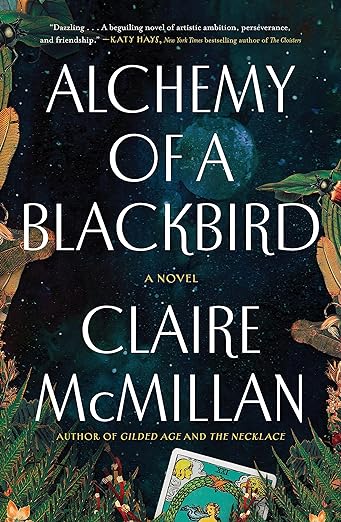 Genre: Historical fiction
Genre: Historical fiction
This fictionalization of the life of Remedios Varo and her friendship with fellow surrealist painter Leonora Carrington — two women whose art and connection to the tarot have inspired my own creativity several times — was a very joyful reading experience. This novel was told in an especially unique way: each chapter was interrupted by a description of a different card in the tarot, followed by a narration of a character tangential to the story or the events of the preceding chapter. This is most definitely the surrealist poet living somewhere inside of me, but my favorite of these narrators was the Monarch Butterflies of Michoacán. This way the reader gets a very fascinating view of Remedios’ life, her inspirations, her struggles, and the forces of love that helped her grow as an artist.

